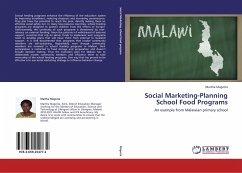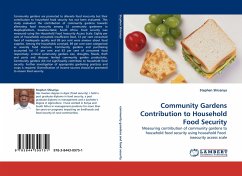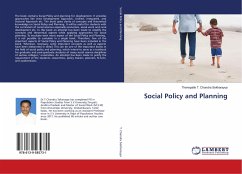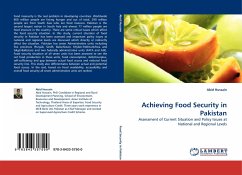School feeding programs enhance the efficiency of the education system by improving enrollment, reducing dropouts and increasing perseverance. They also have the potential to reach the poor, directly making them an effective social safety net. In many low-resource countries, school feeding programs are designed to protect children from the effects of hunger. Unfortunately, the continuity of such programs is threatened by over-reliance on external funding. Given the patterns of withdrawal of external support, countries that rely on donor funds to implement such programs need to develop plans that will move them from external to localized support. It is well documented that programs that involve community members are self-sustaining. Regrettably, even though community members are involved in school feeding programs in Malawi, their participation is restricted to food storage and preparation and doesn't include decision making. Thus the transition plan for Malawi has to deliberatelyinvolve community members and influence them to take ownership of the school feeding programs. One way that has proved to be effective is to use social marketing strategy to influence behavior change.
Bitte wählen Sie Ihr Anliegen aus.
Rechnungen
Retourenschein anfordern
Bestellstatus
Storno








